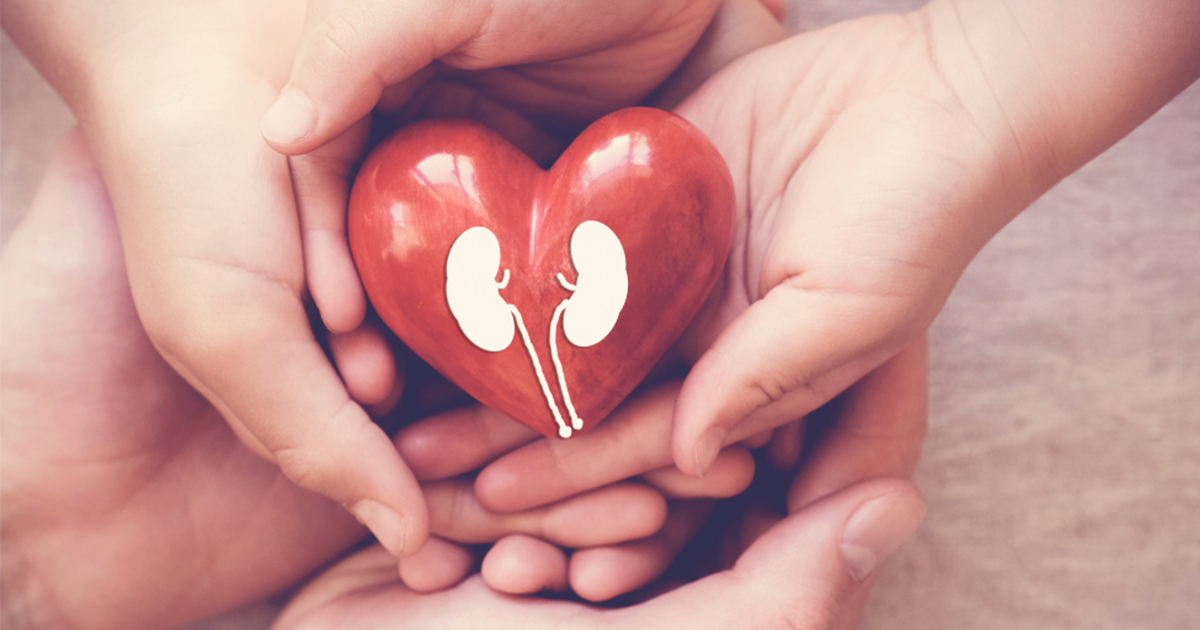Why We Must Prioritize Kidney Health?

Kidney health is often overlooked until issues arise, but taking proactive steps to protect your kidneys can have a significant impact on your overall well-being. Chronic Kidney Disease (CKD) is a silent condition that progresses gradually, often without noticeable symptoms until it reaches advanced stages. In this article, we will explore the consequences of CKD, the importance of valuing kidney health, and the steps we can take to protect our kidneys before any issues develop.
The Consequences of Chronic Kidney Disease
1. Decline in Kidney Function
Chronic kidney disease is progressive, meaning that it worsens over time. As the condition progresses, the kidneys’ ability to filter waste products and excess fluids from the blood diminishes. This can lead to a buildup of toxins in the body and fluid retention, causing symptoms such as fatigue, swelling, and difficulty concentrating.
2. Increased Risk of Cardiovascular Disease
Individuals with CKD have a significantly higher risk of developing cardiovascular disease, including heart attacks and strokes. This is because the kidneys play a crucial role in regulating blood pressure and maintaining a healthy balance of electrolytes in the body. When the kidneys are compromised, these functions are disrupted, leading to hypertension and an increased risk of cardiovascular complications.
3. Anemia
Healthy kidneys produce a hormone called erythropoietin, which stimulates the production of red blood cells. In CKD, the kidneys are unable to produce an adequate amount of this hormones, resulting in anemia. Anemia can cause fatigue, weakness, and shortness of breath, further diminishing the quality of life for individuals with CKD.
4. Bone Health Issues
The kidneys also play a vital role in maintaining healthy bones. They help activate vitamin D, which is essential for calcium absorption and bone health. When the kidneys are damaged, vitamin D production is reduced, leading to weakened bones and an increased risk of fractures and osteoporosis.
5. Fluid and Electrolyte Imbalance
In advanced stages of CKD, the kidneys may lose the ability to regulates fluid and electrolyte balance effectively. This can result in edema (swelling), electrolyte disturbances, and acid-base imbalances. These imbalances can have serious consequences on various bodily functions and may require medical intervention to correct.
Valuing Kidney Health: Prevention is Key
1. Adopting a Healthy Lifestyle
One of the most effective ways to protect our kidneys is by adopting a healthy lifestyle. This includes eating a balanced diet rich in fruits, vegetables, whole grains, and lean proteins while limiting the intake of processed foods, salt, and added sugars. Regular exercise, maintaining a healthy weight, and avoiding smoking and excessive alcohol consumption are also crucial for kidney health.
2. Regular Monitoring and Screening
Regular check-ups with a healthcare professional can help identify any potential kidney problems at an early stage. Through simple blood and urine tests, kidney function can be evaluated, and any abnormalities can be detected and addressed promptly. Early detection and intervention can significantly slow down the progression of CKD and reduce the risk of complications.
3. Managing Chronic Conditions
Chronic conditions such as diabetes and hypertension are leading causes of CKD. Proper management of these conditions is essential in preventing kidney damage. It is crucial to follow the recommended treatment plans, take medications as prescribed, and monitor blood sugar and blood pressure levels regularly.
4. Stay hydrated
Maintaining adequate hydration is important for kidney health. Drinking enough water helps the kidneys flush out toxins and waste products from the body. It is recommended to consume around 8 glasses of water per day, but individuals need may vary depending on factors such as activity and climate.
Chronic kidney disease can have severe consequences on our overall health and quality of life. By understanding the potential consequences and taking proactive steps to prioritize kidney health, we can reduce the risk of developing CKD and its complications. Adopting a healthy lifestyle, monitoring kidney regularly, managing chronic conditions effectively, staying hydrated are all essential in maintaining optimal kidney health. Let us value our kidneys and take the necessary precautions to protect them before any issues develop.
- * All research and clinical data should be used as reference purposes only, results may vary.




